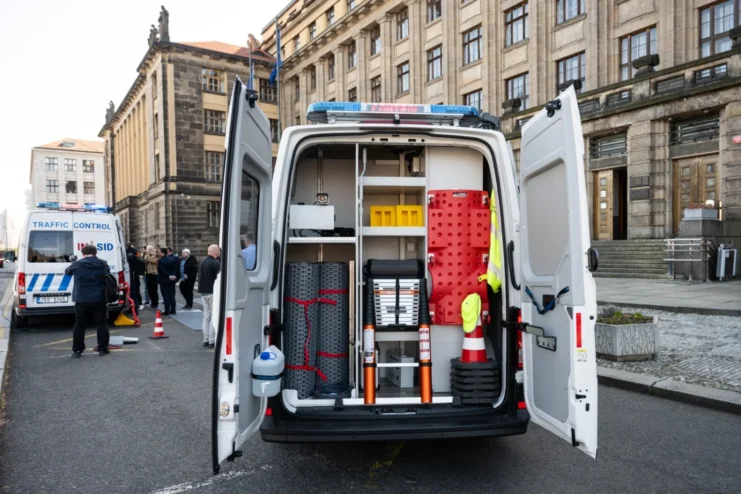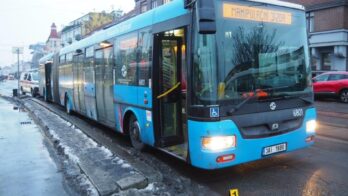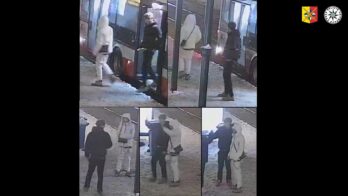A new authority with powers to police the transport sector, the Road Transport Inspection (INSID), has been stopping trucks and buses on Czech roads since 1 July. It replaced the now dissolved Road Transport Service Centre and was given broader powers and more staff to oversee road transport. Officials said the change was meant to improve safety and create fairer conditions for carriers.

About 80 people now work for the agency, including 58 inspectors. They operate 22 mobile units and four specialist teams that carry out roadside checks on vehicle condition, emissions and load security. Early figures underline the need for oversight: in 2024, before INSID’s launch, more than three quarters of 17,500 trucks inspected exceeded weight limits. Inspectors say overloaded vehicles damage roads and endanger other drivers.
The agency also monitors compliance with driving and rest rules. According to the official sources, more than 4,200 breaches in the new agency’s jurisdiction were recorded last year. The offenses are often linked to tampering with tachographs or the mandatory recorders of driving activity. INSID says, that its inspectors are receiving further training to detect such manipulation.
Checks on dangerous goods form another part of the work. Inspectors report frequent cases of hazardous cargo that was badly secured or incorrectly labelled, which could have serious consequences in case of accidents.
Since its launch, INSID has also worked together with police, customs and foreign authorities. Joint operations have already taken place, with INSID providing technical expertise while other services handled broader enforcement.
Reactions from the industry are mixed. Larger companies say stricter controls create fairer competition. Smaller carriers, however, complain of rising costs and extra paperwork. Data protection experts have also questioned how the agency manages personal, and company data gathered during roadside checks. INSID maintains that its procedures comply with Czech and EU law.
Politicians are divided too. Government supporters argue the reform was overdue, while opposition parties claim the previous system could have been improved without creating a new authority. The Transport Ministry says independence was essential for credibility.
Reports from the first months suggest inspectors have been more visible on highways and at border crossings, with more violations recorded than last year. INSID says it wants to combine enforcement with advice to drivers on safer practices.
The agency faces ongoing challenges, including limited staff and growing heavy transport. Officials have announced plans to modernize equipment and link roadside checks with national and EU databases to improve information sharing.
Observers say the key test will be whether INSID can enforce rules consistently while avoiding unnecessary burdens for smaller carriers. What is clear is that roadside inspections have become more systematic since July, making violations harder to overlook.




Leave a Reply